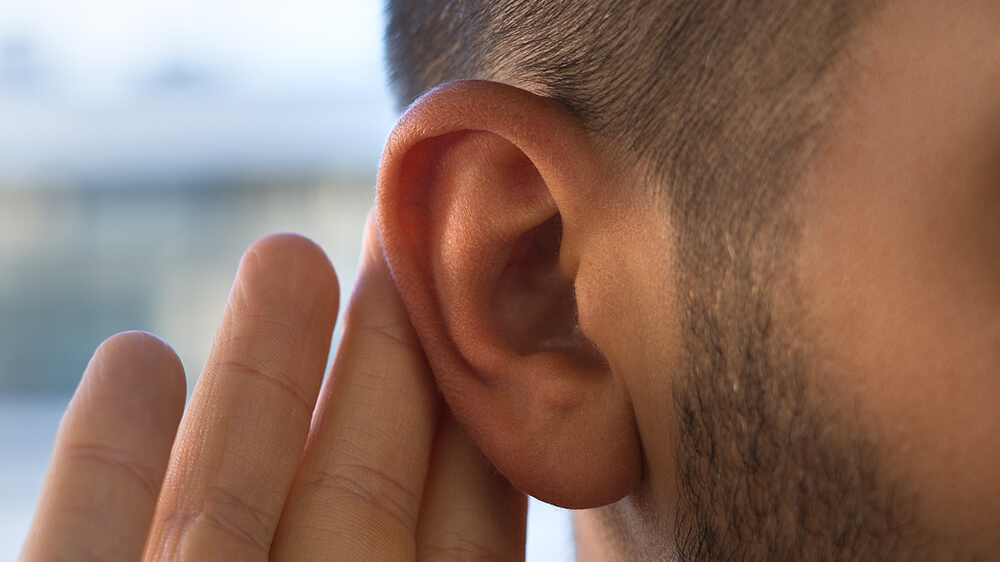Hearing loss isn’t confined to older individuals; it affects people of all ages. Only about one-third of hearing loss patients are older than 65.
Not everybody who suffers from hearing loss is aware of their condition. Hearing loss develops gradually, and changes to hearing are often so subtle they may go unnoticed for some time.
The most common cause of hearing loss is noise exposure. While 85 decibels (dB) is considered the safety threshold, exposure to even moderately loud noises can cause permanent hearing damage.
Hearing loss cannot be reversed – but it is preventable in some situations. Wearing hearing protection (earplugs or ear muffs) is an effective method of warding off noise-induced hearing loss.
The stigma associated with wearing hearing aids has long disappeared. Today’s digital devices are small, sleek, comfortable and discreet. If you are concerned with other peoples’ perceptions, you can opt for styles that are worn in the ear canal, making them virtually invisible.
Hearing aids are not a cure for hearing loss, but they do help many hearing-impaired individuals communicate more effectively. They work by amplifying sound vibrations that enter the ear. It is estimated that 95 percent of those suffering from hearing loss benefit from hearing aids – although only one out of five people with hearing loss seeks treatment.
Despite the fact that hearing aids are sophisticated devices utilizing state-of-the-art technology, they are not complicated to use. Today’s instruments are programmed to your own unique lifestyle needs and preferences, and most automatically adjust to different listening environments. Features like Bluetooth® compatibility enable them to wirelessly connect to a variety of communication devices for improved versatility and convenience.
Two hearing aids are better than one. Wearing two hearing aids makes sense, given the fact that we have two ears. This gives us directional hearing, enabling us to localize the source of a sound; as a result, we can hear better in noisy environments. Most types of hearing loss affect both ears anyway. Ninety percent of hearing loss patients benefit from wearing two hearing aids.
Hearing loss affects people equally, regardless of race, sex, income or social status. What do Bill Clinton, Ronald Reagan, Beethoven, Whoopi Goldberg, Pete Townshend, Huey Lewis, Ed McMahon, Buzz Aldrin and Arnold Palmer have in common? They all wear (or wore) hearing aids.


